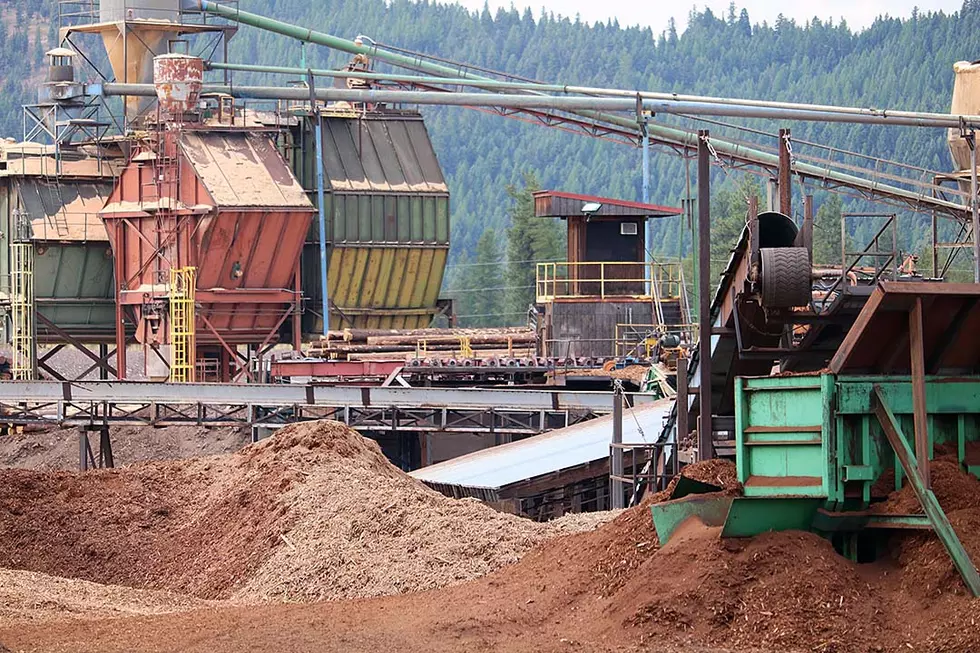
Missoula legislators: State Land Board must address mill closures
Members of the State Land Board,
The timber industry is a vital component of our state’s economy, and recent closures of Pyramid Mountain Lumber in Seeley Lake and Roseburg Forest Products in Missoula have sent shockwaves through our communities. The closures clearly have significant implications for forest management in Montana.
The wood products industry has changed dramatically over the last fifty years. For many and complex reasons, timber mills have become rare in Montana and the west. We think it is in Montana’s interest to ensure that a viable timber industry exists into the future. Jobs, local economies, building materials, land stewardship and wildfire mitigation depend on it.
The Board of Land Commissioners and the Legislature are stewards of state-owned land and we have a duty to ensure those lands are well managed and that they produce long-term, revenue for Montana’s schools, MCA 77-1-202. Absent a viable timber industry, the ability of the State to manage its lands and produce revenue will be severely compromised. In our view, to allow this to occur without all reasonable efforts to intervene, would be a breach of the state’s trust and fiduciary duties to the people.
Past Legislatures have created tools that might be helpful in the current situation. -
- In 2005, the Legislature enacted the Big Sky Development Trust, MCA 90-1-201, which has evolved into the Montana Growth Fund. Its purpose is the creation good paying jobs, the promotion of long-term growth and the retention/expansion of existing businesses.
- In 2009, in response to the impacts of the Great Recession, the Legislature affirmed its support for the timber industry by enacting a Wood Products Industry Revolving Loan Program, MCA 90-1-501, and seeding it with $11.3 million for loans to distressed timber companies.
While the Roseberg facility will not reopen under any circumstances, many individuals, groups and companies are exploring new options for the Pyramid mill. The State of Montana should be a leader in these efforts.
Although the Department of Commerce through Director Green has voiced willingness to help, the State has yet to offer any solutions. Pyramid’s owners have said they are open to selling the mill but they have also set a May 15 deadline for entertaining offers. Clearly, the time for action from the Governor’s office and the Land Board is now.
Beyond the immediate challenge of the Pyramid closure, the steady erosion of mill capacity in Montana demands a marked response. The Land Board, working with the Department of Natural Resources and Conservation, should fully evaluate different strategies for maintaining the existing mill infrastructure in Montana.
Whether the state, acting through the Legislature and the executive branch chooses to adopt any specific approach is a decision for another day. Now, however, is the time to examine options so that we can find the best way forward. We look forward to your response to these concerns and to working with the Land Board on solutions in the Legislature.
Rep. Tom France, House District 94; Rep. Marilyn Marler, House District 90; Senator Willis Curdy, Senate District 49
